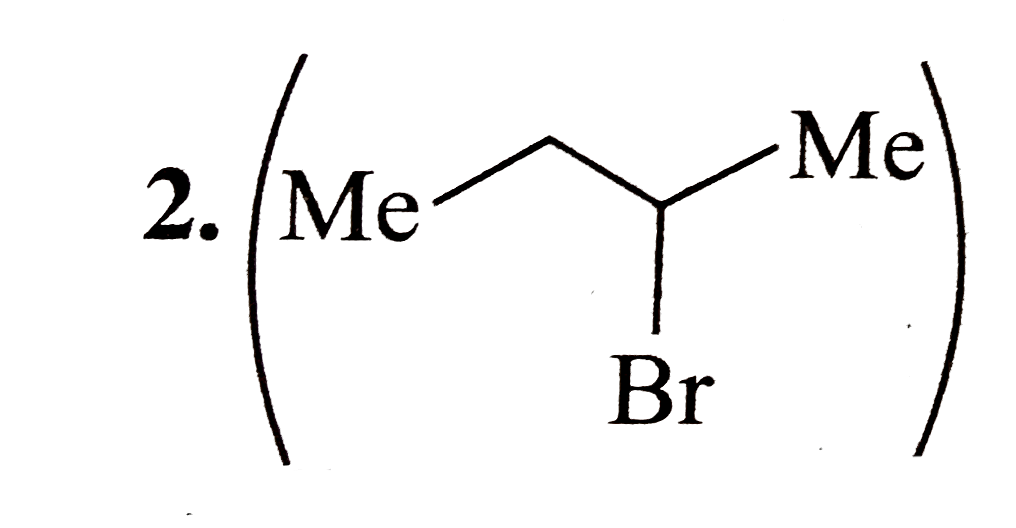Tert-butyl chloride preferably undergo hydrolysis by
A
mechanism
B
mechanism
C
Any of (a) and (b)
D
None of these
Video Solution
Text Solution
The correct Answer is:A
Tertiary halide preferentially undergo substitution as they give stable carbocation.
|
Updated on:21/07/2023
Topper's Solved these Questions
- BOOK - MHTCET PREVIOUS YEAR PAPERS AND PRACTICE PAPERSCHAPTER - ALKYL HALIDEEXERCISE - PRACTICE EXERCISE (Exercise 2 (MISCELLANEOUS PROBLEMS))70videos
ALKYL HALIDE
- BOOK - MHTCET PREVIOUS YEAR PAPERS AND PRACTICE PAPERSCHAPTER - ALKYL HALIDEEXERCISE - MHT CET Corner25videos
ALKYL HALIDE
- BOOK - MHTCET PREVIOUS YEAR PAPERS AND PRACTICE PAPERSCHAPTER - ALKYL HALIDEEXERCISE - MHT CET Corner25videos
ALKYL HALIDE
- BOOK - MHTCET PREVIOUS YEAR PAPERS AND PRACTICE PAPERSCHAPTER - ALKANESEXERCISE - EXERCISE 220videos
ALKANES
- BOOK - MHTCET PREVIOUS YEAR PAPERS AND PRACTICE PAPERSCHAPTER - BASIC PRINCIPLES AND TECHNIQUES IN ORGANIC CHEMISTRYEXERCISE - EXERCISE 220videos
BASIC PRINCIPLES AND TECHNIQUES IN ORGANIC CHEMISTRY
Similar Questions
Knowledge Check
- Question 1 - Select One
Tertiary butyl chloride preferably undergo hydrolysis by:
ASN1 mechanismBSN2 mechanismCand of (a) and (b)Dnone of these - Question 2 - Select One
Tert - butyl chloride is
ACH3−CH2−CllCH−CH3BCH3−CH2−CH2−CH2−ClCCH3−CH∣CH3−CH2−ClDCH3−CH3∣C∣CH3−Cl - Question 3 - Select One
Isopropyl chloride undergoes hydrolysis by :
ASN1 mechanismBSN2 mechanismCSN1 and SN2 mechanismDNeither SN1 nor SN2 mechanism
Iso-propyl chloride undergoes hydrolysis by
View SolutionSecondary butyl chloride will undergo alkaline hydrolysis in the polar solvent by the mechnism
View SolutionIsopropyl chloride undergoes hydrolysis by :
View Solution (sec-Butyl bromide) undergoes alkaline hydrolysis by :View Solution
(sec-Butyl bromide) undergoes alkaline hydrolysis by :View SolutionAssertion : Mercuric chloride becomes red on adding KI solution.
Reason : Mercuric chloride undergoes hydrolysis forming basic chloride.View Solution

